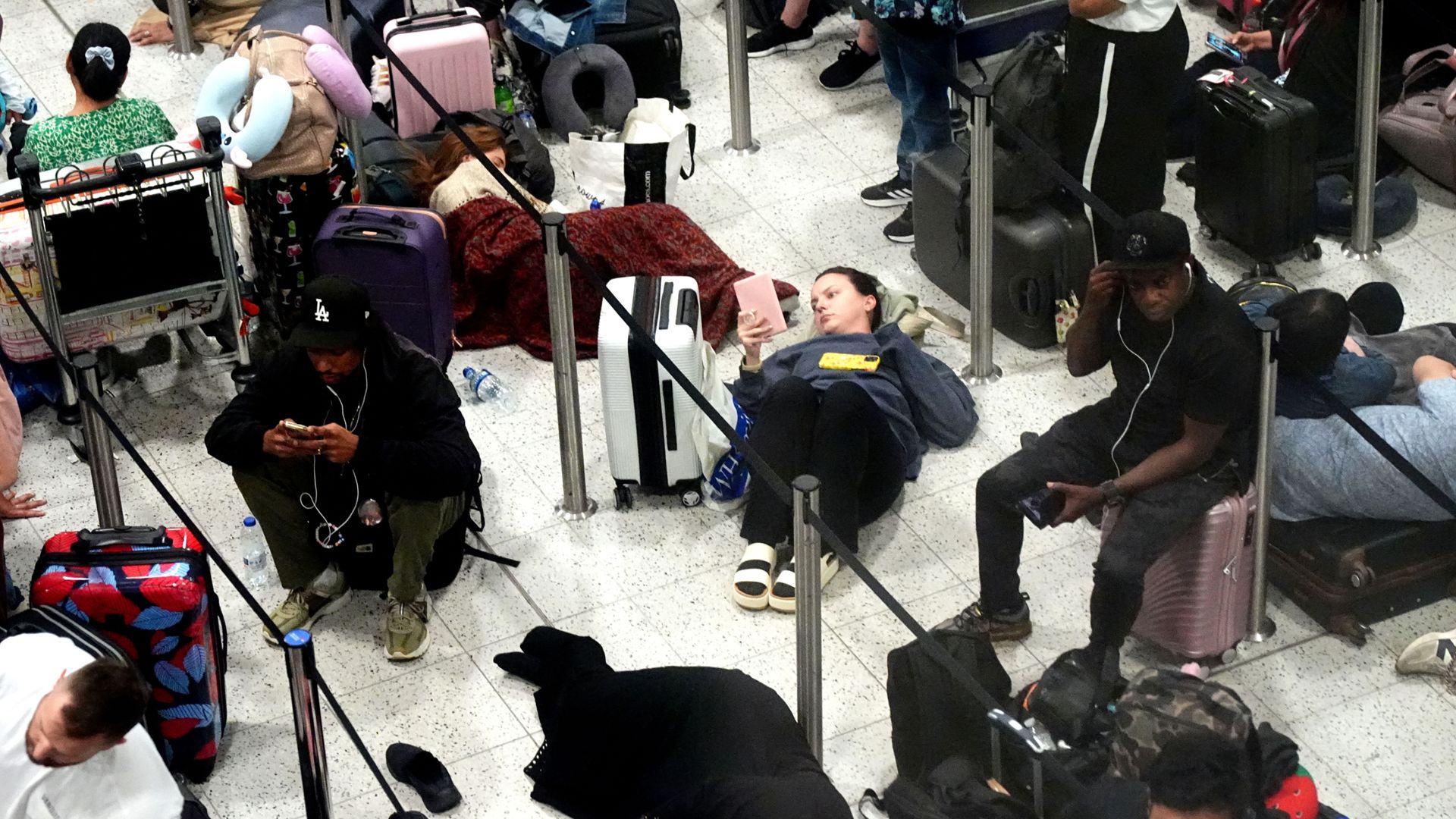A child has become the third to die from a Strep A infection in the past week.
Health officials said the child, whose age has not been revealed, went to a school in Ealing in west London.
Dr Yimmy Chow, health protection consultant at the UK Health Security Agency, said: “We are extremely saddened to hear about the death of a child at St John’s Primary School, and our thoughts are with their family, friends and the school community.
“Working with Ealing Council public health team, we have provided precautionary advice to the school community to help prevent further cases and we continue to monitor the situation closely.”
Two other schoolchildren have died from the infection in the past seven days.
One was a pupil at a primary school near Cardiff.
Health officials announced their death on Thursday.
Sajid Javid stepping down at next election
Coronavirus cases in UK rise above one million
Labour’s Samantha Dixon wins Chester by-election with increased 11,000 margin over Tories
Last Friday, a six-year-old child died after an outbreak at Ashford Church of England School in Surrey.
Group A streptococcus, or Strep A, can cause scarlet fever, throat infections and, in very rare cases, invasive disease.
Dr Chow added: “Group A streptococcal infections usually result in mild illness, and information has been shared with parents and staff about the signs and symptoms.
“These include a sore throat, fever and minor skin infections and can be treated with a full course of antibiotics from the GP.
“In rare incidences, it can be a severe illness and anyone with high fever, severe muscle aches, pain in one area of the body and unexplained vomiting or diarrhoea should call NHS 111 and seek medical help immediately.”
Read more:
What is Strep A and what are the symptoms of the bacterial infection?
Strep A can be spread through coughs, sneezes and skin-to-skin contact. People over 65, those who have HIV, use steroids or other drugs, or suffer from diabetes, heart disease or cancer a most at risk of catching it.
The UK Health Security Agency (UKHSA) has said that the figures for the disease are higher this year compared to the pervious two.
They have suggested that the increase in cases is likely the result of the withdrawal of measures implemented during he COVID pandemic.
The UKHSA advises those who come down with the illness exclude themselves from nursery, school or work for at least 24 hours after they start antibiotic treatment.








